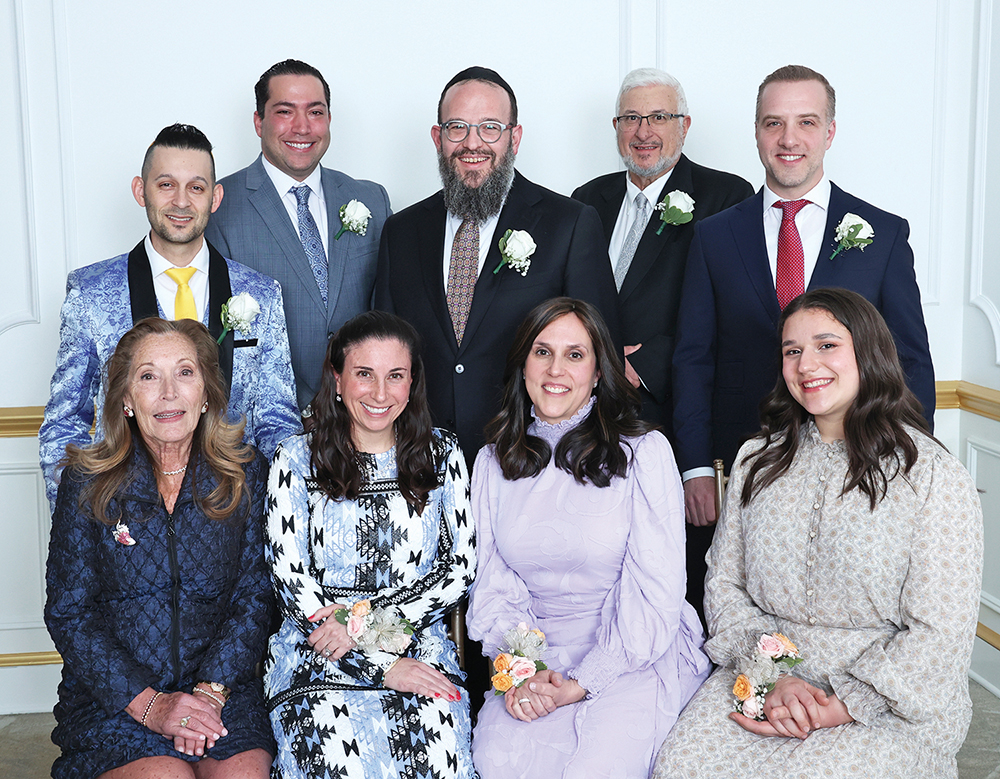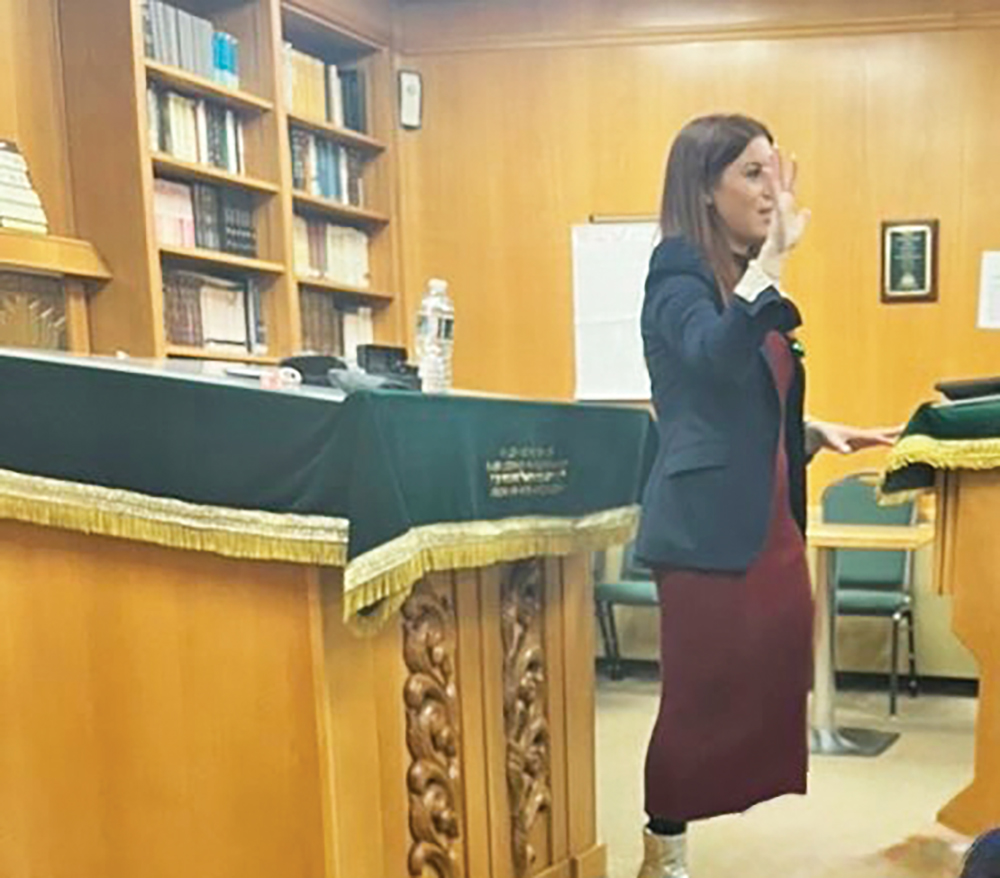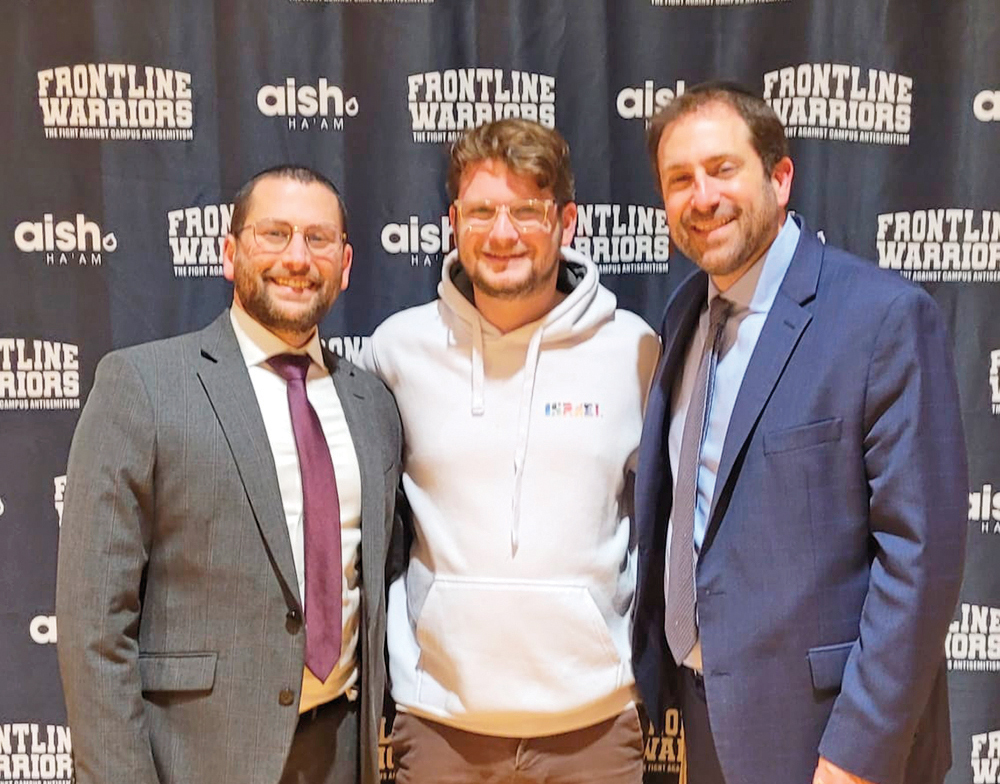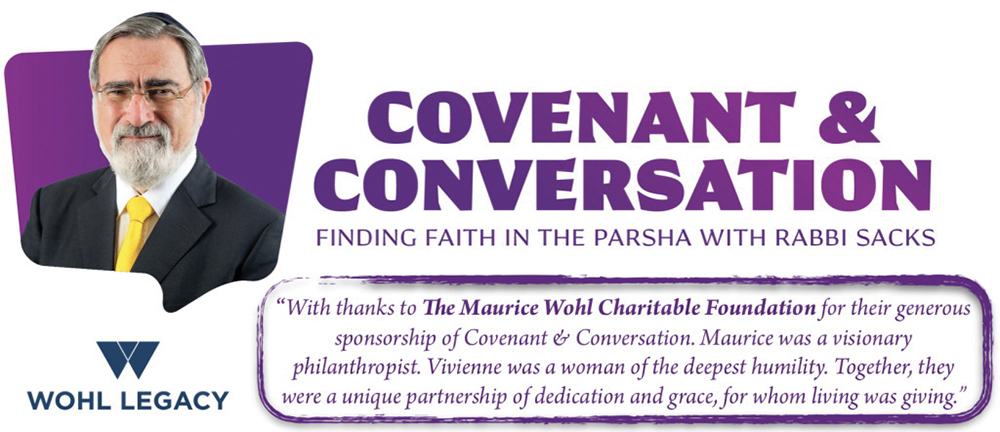On May 29, 1953, Sir Edmund Hillary and Tenzing Norgay became the first to climb Mount Everest, the tallest mountain in the world. Since that time over 4,000 people have successfully climbed Everest, including an 81-year-old man from Nepal. Similarly, within weeks of Roger Bannister breaking the four-minute mile, others also followed suit.
Simply knowing something is possible can help make the improbable possible. Conversely, not believing in one’s own abilities can also prevent important things from happening and no story illustrates this lesson better than the incident of the spies recorded in this week’s Parshat Shelach.
Moshe sends in spies to scout out the land of Israel who return with a negative report. The spies share how the cities were powerfully fortified, that they encountered the offspring of giants and that the fierce nation of Amalek dwells together with the other Canaanite nations. Despite Caleb’s efforts to calm the people, the scouts declare: “We cannot ascend to that people for they are too strong for us…the land through which we have passed to spy it out is a land that devours its inhabitants…” (Numbers 13:31,32).
Where was their faith? Are they not the same people who witnessed the Ten Plagues and the splitting of the Red Sea? Did they not stand at Sinai and hear God revealing the Torah? After all they witnessed, why didn’t they believe they could prevail against the nations who inhabited the land of Israel?
One answer lies in the famous line with which the spies ended their negative report: “Vnehi b’aineinu kachgavim, v’chain hayinu b’aineihem, and in our own eyes we were grasshoppers, and so we were in their eyes.” (Numbers 13:33)
In essence, the spies were saying—since we see ourselves as small, others see us that way too. The spies were able to explain why their enemies looked upon them as insignificant, as grasshoppers. Although each scout was a distinguished prince of another Jewish tribe, men of great stature, somehow they lacked self-esteem. They saw themselves as weak and impotent and therefore were unable to inspire the people to go forward. Despite all miracles they had witnessed, they deemed themselves unworthy of God’s intervention. Perhaps, as my teacher Rabbi Buchwald suggested, their self-esteem had been beaten out of them by the many years of slavery, or perhaps they had become so reliant on God’s intervention that they saw themselves as helpless. Either way, since they had a low self-opinion, so did everyone else.
So much of what others think of us comes from the way we view ourselves. If we are small in our own eyes, we will be small in others. For if we are unhappy with ourselves, that too will, no doubt, present itself to others. This is perhaps why the Torah famously tells us: “Love your neighbor as yourself” (Leviticus 19:18). If we don’t sufficiently love ourselves, it will be very hard to love someone else.
I have found the same applies to our religious lives. Some of my students who do not have the benefit of a Jewish day school education feel uneasy about doing further Jewish learning. Their lack of Jewish education creates a certain insecurity. For others though, it never seems to hold them back from growing in their Jewish learning and observance. One MJE participant, who had virtually no Jewish educational background, went online every day to study a page of Talmud. After seven years, he completed the entire Talmud and together we celebrated that milestone at the Siyum HaShas event at MetLife Stadium. He saw himself as able and capable and so he was able to do it.
So much of what we accomplish comes down to the way we look at ourselves: Are we takers or are we givers? Are we giants or are we grasshoppers? As the Jewish people, do we look at ourselves as a proud nation entrusted with a mission to be a “light among the nations,” or do we apologize for our very existence? Are we sinners or people with great potential who sometimes fail?
The answer to these questions will, no doubt, determine how our friends and our enemies perceive us, but it all starts inside. If we can get the inside right, the outside will fall into place and the extraordinary person we know we can be, with God’s help, can become a reality.
Rabbi Mark N. Wildes is the founder/director of Manhattan Jewish Experience.













